“Our education has got to be revolutionised. The brain must be educated through the hand. If I were a poet, I could write poetry on the possibilities of the five fingers. Why should you think that the mind is everything and the hands and feet nothing? Those who do not train their hands, who go through the ordinary rut of education, lack ‘music’ in their life. All their faculties are not trained. Mere book knowledge does not interest the child so as to hold his attention fully. The brain gets weary of mere words, and the child’s mind begins to wander. The hand does the things it ought not to do, the eye sees the things it ought not to see, the ear hears the things it ought not to hear, and they do not do, see or hear, respectively what they ought to. They are not taught to make the right choice and so their education often proves their ruin. An education which does not teach us to discriminate between good and bad, to assimilate the one and eschew the other is a misnomer.” - M. K. Gandhi (Discussion with Teacher Trainees, Harijan, 18 February 1939)
National Education Policy 2020
The webpage of National Education Policy, 2020, states “National Education Policy, 2020 (NEP) envisions a massive transformation in education through – “an education system rooted in Indian ethos that contributes directly to transforming India, that is Bharat, sustainably into an equitable and vibrant knowledge society, by providing high quality education to all, thereby making India a global knowledge superpower.” The NEP 2020 is founded on the five guiding pillars of Access, Equity, Quality, Affordability and Accountability. It will prepare our youth to meet the diverse national and global challenges of the present and the future.”
A policy which proposes massive transformation in education, needs thorough study, and discussions for clear understanding. Education encompasses all of us – be it UGC or school boards, various Universities, colleges, schools, teachers, students, the industry, the whole of the society. So the NEP2020 understanding is needed by all.
This article puts forth some questions for better understanding of this policy.
Introduction:
Why a quote given by M. K. Gandhi in the year 1939, being used to write about the year 2020 policy in the year 2024?
Because some things never change…approximately 80 years later after Nai Talim was introduced, we are still grappling with education – what, who, how, why, when – of it…
We have failed to use the guidance given by many – not just M. K. Gandhi, but also other great educationists like Dr. Babasaheb Ambedkar, Rabindranath Tagore, Jyotirao Phule, Swami Vivekanand to name a very few.
So what do we get to read in National Education Policy (NEP) 2020?
The first thing which strikes me in NEP2020 is its insistence on using India’s great education tradition – no no, not some 80 to 100 years back, but thousands of years back – Takshashila, Nalanda, Vikramshila, Vallabhi, etc. {Refer to the Introduction of NEP2020}
My simple question – why are we going thousands of years back to implement a policy in the year 2024, when we have not paid any attention to educational thinkers of 19th century?
I mean, if we had tried their teachings, found them lacking then it is understandable…but without really trying their thoughts into actions for the mainstream system (not a few experiments, which are ignored by the mainstream), if we fall back to Takshashila, Nalanda, Vikramshila, Vallabhi, etc. who is going to clarify our doubts? Do we have enough scholars – in India or elsewhere – who have done in-depth study of educational institutes of these places, who will help us to go ahead?
One more concern, facing the challenges posed by Artificial Intelligence and using it to make education a better system {Refer to the 23. Technology Use and Integration of NEP2020} – by falling back to Takshashila, Nalanda, Vikramshila, Vallabhi, etc. How so?
SMART approach in management says, Goals to be fulfilled must always be – Specific, Measurable, Achievable, Realistic, and Time-bound.
The aim must be for India to have an education system by 2040 that is second to none, with equitable access to the highest-quality education for all learners regardless of social or economic background. {Refer to the Introduction of NEP2020}
This goal can be said to be Time-bound as 2040 is mentioned, but SMAR is missing from this T.
Why 2040? When the changes in all the sectors are taking place at a lightning speed, when we come to know about the population changes every 10 years through Census (still waiting for 2021 census to take place, we are operating on the data collected in 2011 Census); why the time target is 2040?
The teacher must be at the centre of the fundamental reforms in the education system. {Refer to the Introduction of NEP2020}
NO NO NO, it should be the STUDENT at the centre of the fundamental reforms in the education system and other stakeholders – like the teachers, Universities, School boards, etc. – at the periphery to make these reforms possible, as strong support systems.
In the section Principles of this Policy, one of the Fundamental Principles, states emphasis on conceptual understanding rather than rote learning and learning-for-exams;
This is excellent principle, but how will we achieve it when there is a high importance given to various board exams, entrance exams? How will the change happen when there is a parallel education system of the Coaching Classes – they may be giving emphasis on conceptual understanding but what about their ‘strategies’ which help students to pass exams?
One more principle states, teachers and faculty as the heart of the learning process; who are the students then….
The Vision of this Policy expects to instill among the learners a deep-rooted pride in being Indian, not only in thought, but also in spirit, intellect, and deeds, as well as to develop knowledge, skills, values, and dispositions that support responsible commitment to human rights, sustainable development and living, and global well-being, thereby reflecting a truly global citizen.
How can a deep-rooted pride in being Indian will make a person a truly global citizen? Will not be there a clash between ‘being national citizen’ and ‘being global citizen’? I am trying to understand this from Tagore’s idea of internationalism.
Part I. SCHOOL EDUCATION:
In the section Empower students through flexibility in course choices, Students will be given increased flexibility and choice of subjects to study, particularly in secondary school - including subjects in physical education, the arts and crafts, and vocational skills – so that they can design their own paths of study and life plans.
How will they be trained to make these choices? We are discussing the age group 14 to 18 (9th to 12th standards as per the New Pedagogical & Curricular Structure).
None of the subjects mentioned here – physical education, the arts and crafts, and vocational skills – help in designing their own paths of study and life plans. The subjects which make these life plans – Pure sciences, Mathematics, mostly – are compulsory subjects, there is no flexibility / choice. So this flexibility / choice is being given for the subjects which are not considered as ‘career-making’ subjects but we are being told they help in designing life plans!!!
The physical education, the arts and crafts, and vocational skills or even social sciences (with growing demand for Competitive exams – totally different aspect of education, economy, politics and social design of our society) help in life plans in the stage of higher education.
And are students free to make their own life plans, don’t parents have a major say in their careers? So along with ‘Students will be given increased flexibility and choice of subjects to study… so that they can design their own paths of study and life plans.’; parents also need to be counselled to support this plan.
As so many developed countries around the world have amply demonstrated, being well educated in one’s language, culture, and traditions is not a detriment but indeed a huge benefit to educational, social, and technological advancement {Refer to the Multilingualism and the power of language}.
Most of these developed countries have single at the most 2/3 languages, unlike India – with a diverse linguistic population in class – especially study of technological advancement in one’s language?!
Concerted curricular and pedagogical initiatives, including the introduction of contemporary subjects such as Artificial Intelligence, Design Thinking, Holistic Health, Organic Living, Environmental Education, Global Citizenship Education (GCED), etc. at relevant stages will be undertaken to develop these various important skills in students at all levels. {Refer to the Curricular Integration of Essential Subjects, Skills, and Capacities}
Faculty availability in colleges or the Universities situated in the remote rural areas, tribal areas (assuming they are available in the city colleges & Universities) to impart the above mentioned important skills?
While the Board exams for Grades 10 and 12 will be continued, the existing system of Board and entrance examinations shall be reformed to eliminate the need for undertaking coaching classes. {Refer to the Transforming Assessment for Student Development}
HOW? Students take admissions in colleges where the attendance is not compulsory so that they can attend the coaching classes and just appear for the college exams. This has become a huge market in some cities, rather some cities are now known for such coaching classes.
Formal education system also needs to introspect as to why students prefer coaching classes?
To further eliminate the ‘high stakes’ aspect of Board Exams, all students will be allowed to take Board Exams on up to two occasions during any given school year, one main examination and one for improvement, if desired. {Refer to the Transforming Assessment for Student Development}.
Need to have huge mechanism involved in the process, already main exam (March) & repeater exam (October) are being conducted – all students, any given school year – are all vague ideas, though the intention is good as it may help to reduce the stress related to the Board exams, for a huge student population of India this is not concrete.
Boards may over time also develop further viable models of Board Exams that reduce pressure and the coaching culture. {Refer to the Transforming Assessment for Student Development}.
Will these Board exams with viable models, remain gateway to higher education – grades needed for college degrees? If Yes, the pressure reduction and the coaching culture would be impossible to be removed. And if the answer is No, what would be the admission criteria for higher education?
One needs to understand why The coaching culture came into existence and has flourished in recent times. Unless the reasons are accepted (because we know them) for this culture, it cannot be reduced.
Public and private universities, including premier institutions like the IITs and NITs, would be encouraged to use merit-based results from National, and International Olympiads, and results from other relevant national programmes, as part of the criteria for admissions into their undergraduate programmes. {Refer to the Support for Gifted Students/Students with Special Talents}
This support is for ‘Gifted Students / Students with Special Talents’, what about not so gifted / students with average talents? Which criteria would be used to identify Gifted Students / Students with Special Talents?
And merit-based results would automatically create a platform for cut-throat competition, coaching classes, exorbitant fees...and so on.
To prevent the large amounts of time spent currently by teachers on non-teaching activities, teachers will not be engaged any longer in work that is not directly related to teaching; in particular, teachers will not be involved in strenuous administrative tasks and more than a rationalized minimum time for mid-day meal related work, so that they may fully concentrate on their teaching-learning duties. {Refer to the Service Environment and Culture}
If this really happens, happy would be the future of Indian education system. Who will replace the teachers to do the non-teaching, strenuous administrative tasks, census, election duties?
- Ujjwala Deshpande
ujjwala.de@gmail.com
Read Also :
Tags: शिक्षण नवे शैक्षणिक धोरण २०२० उज्ज्वला देशपांडे प्राथमिक माध्यमिक उच्च शिक्षण Load More Tags

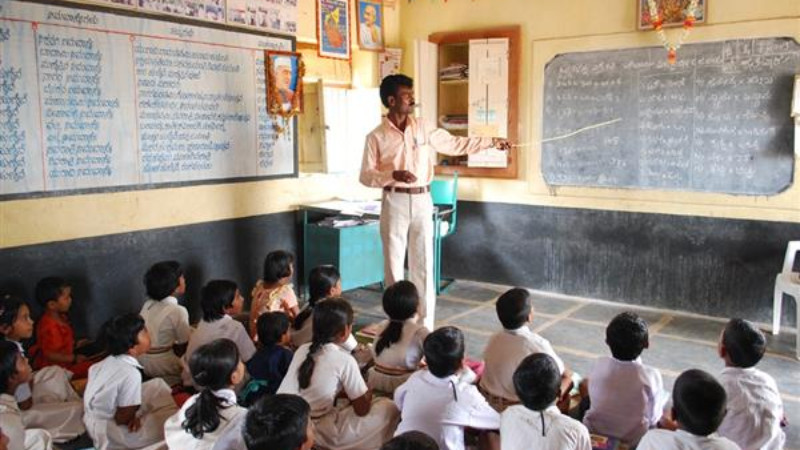
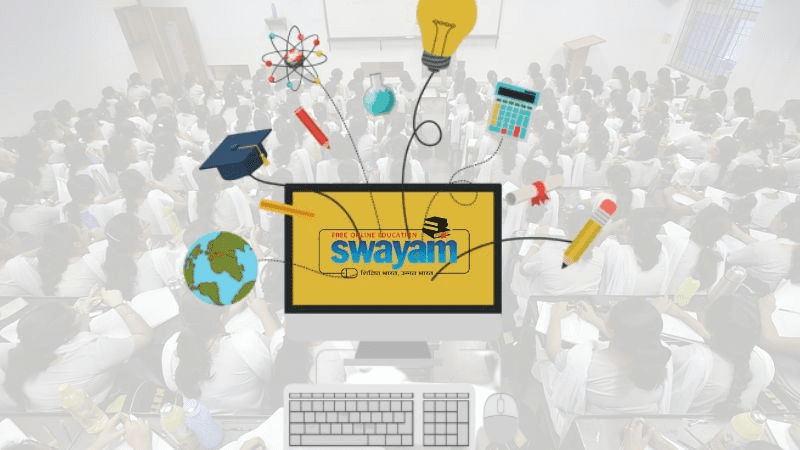
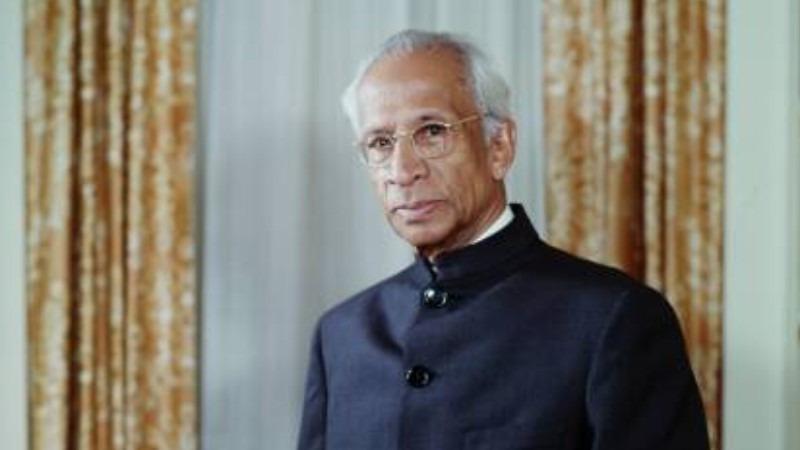
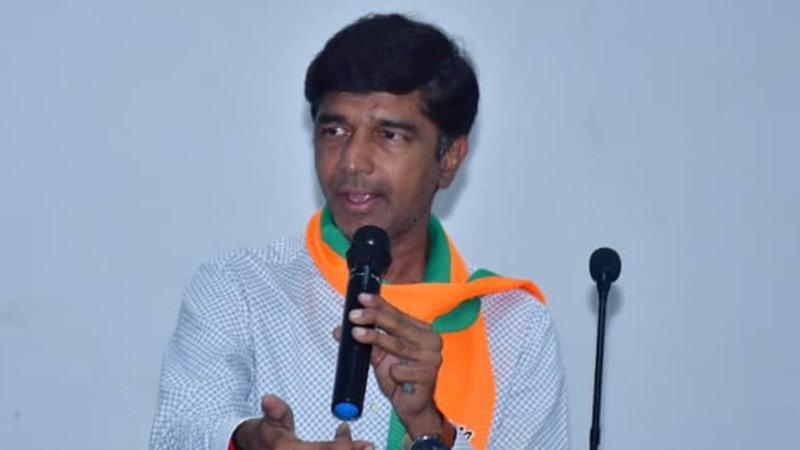
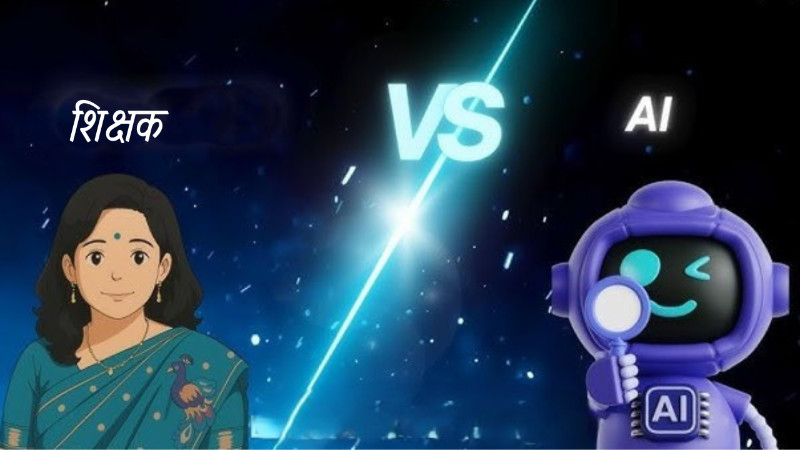
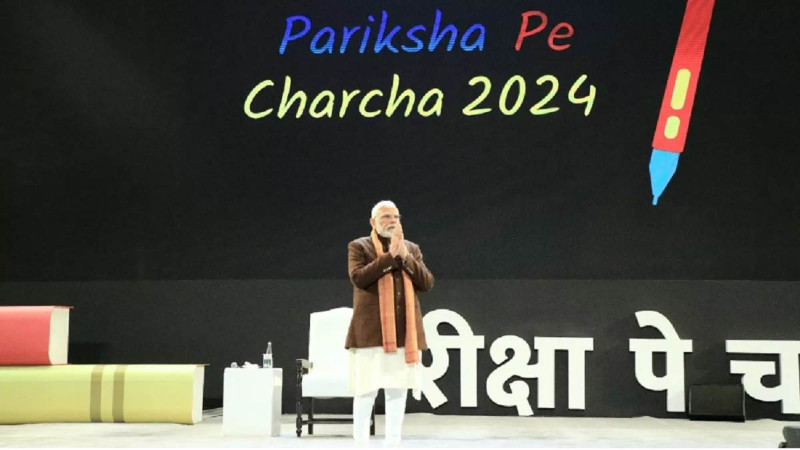
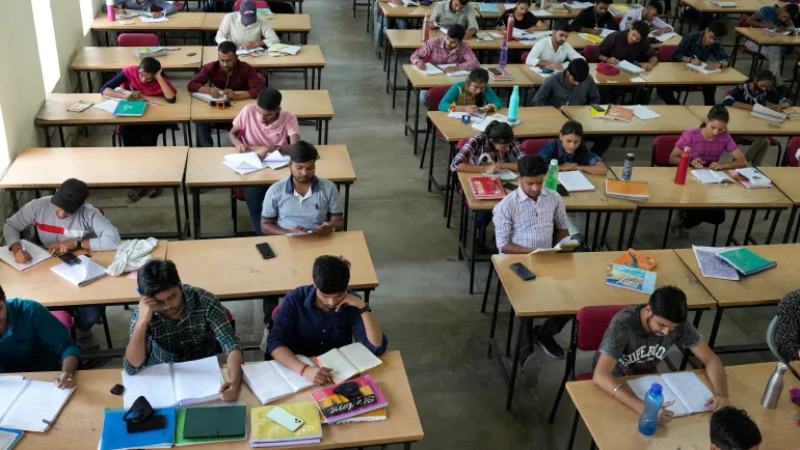

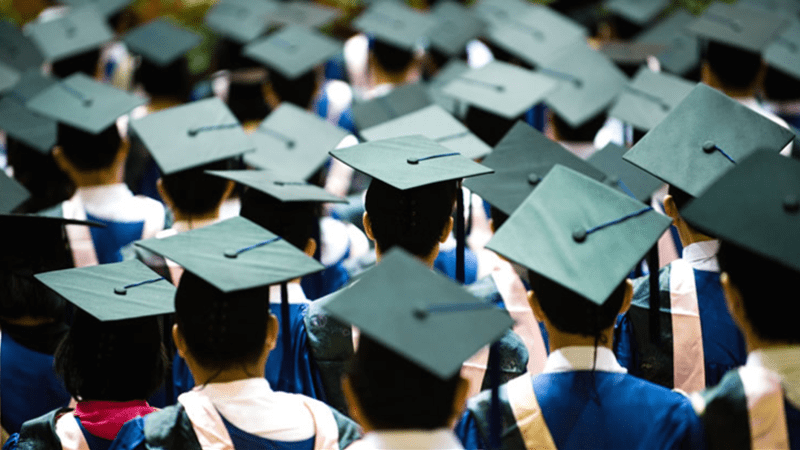
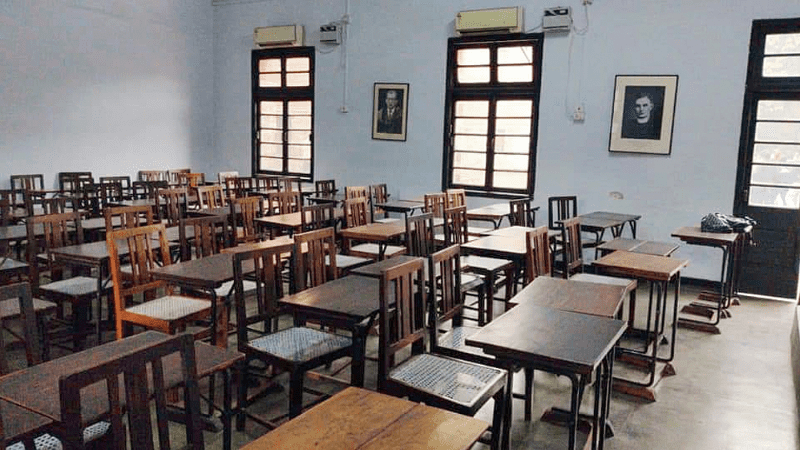


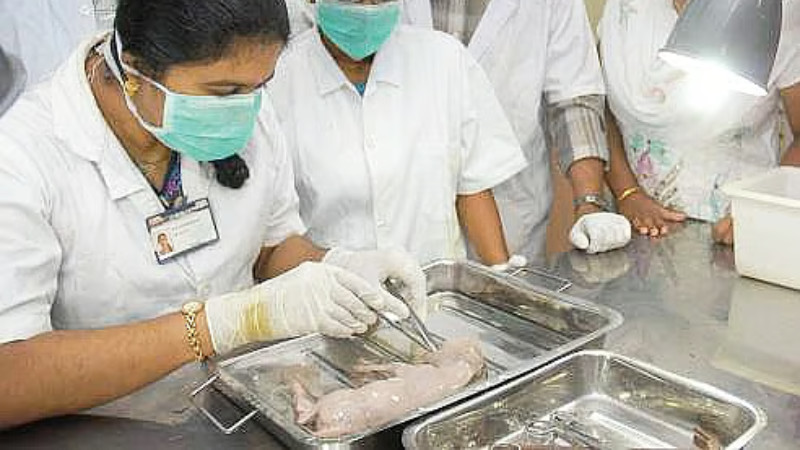
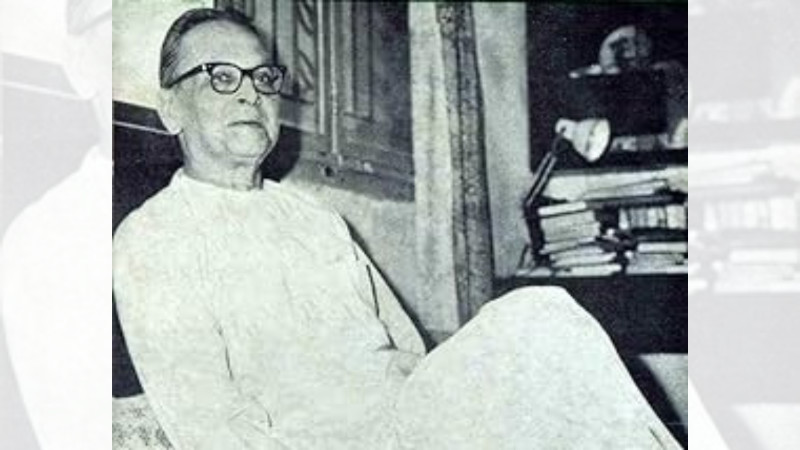
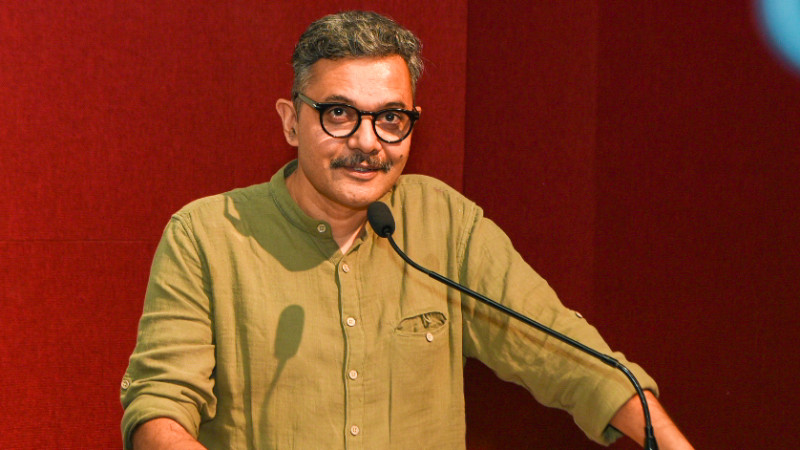
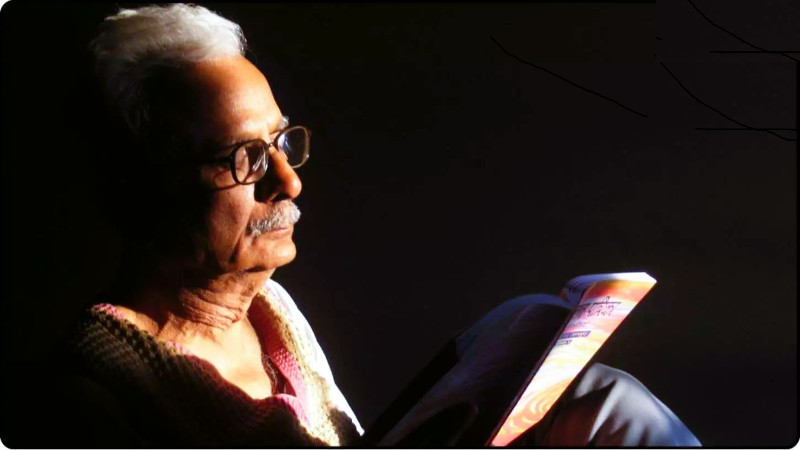
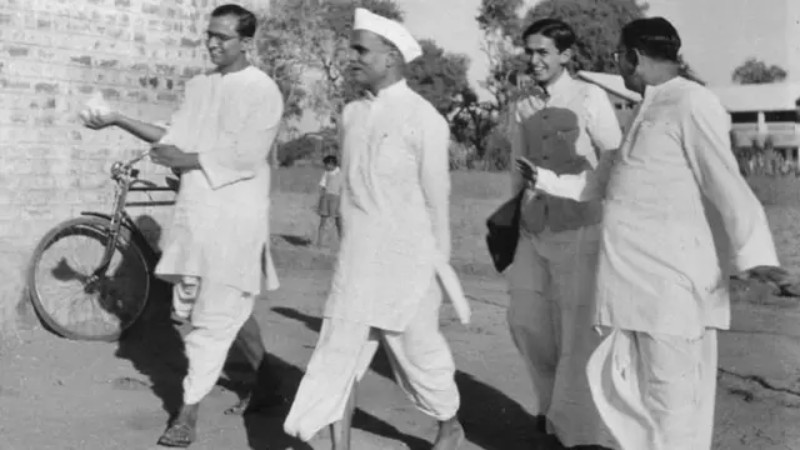
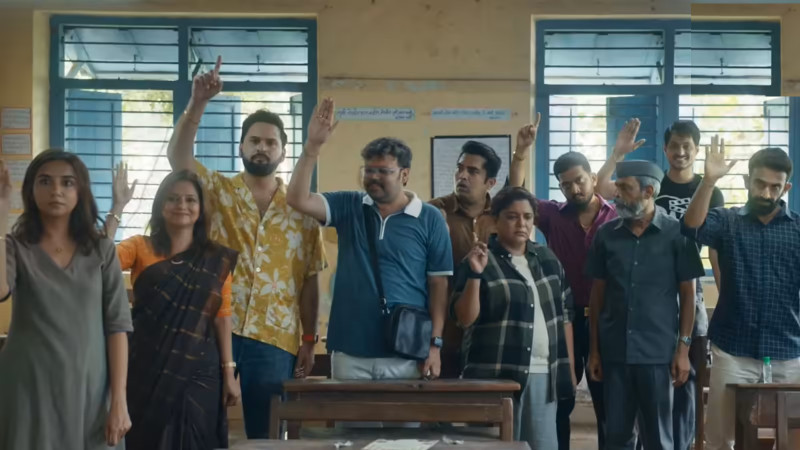
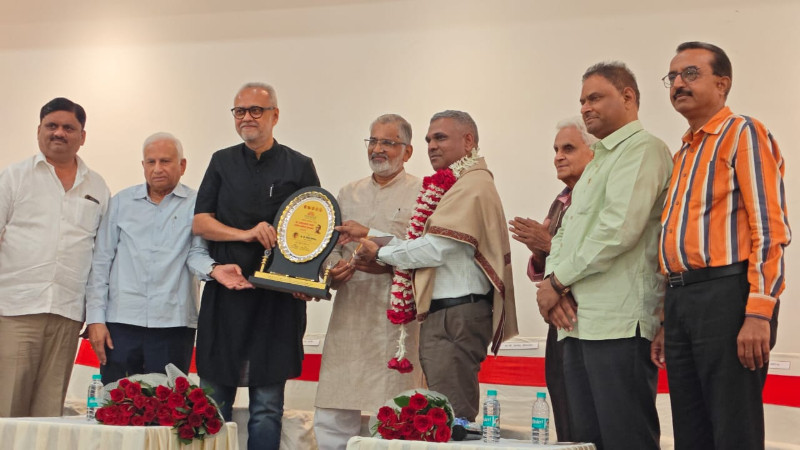
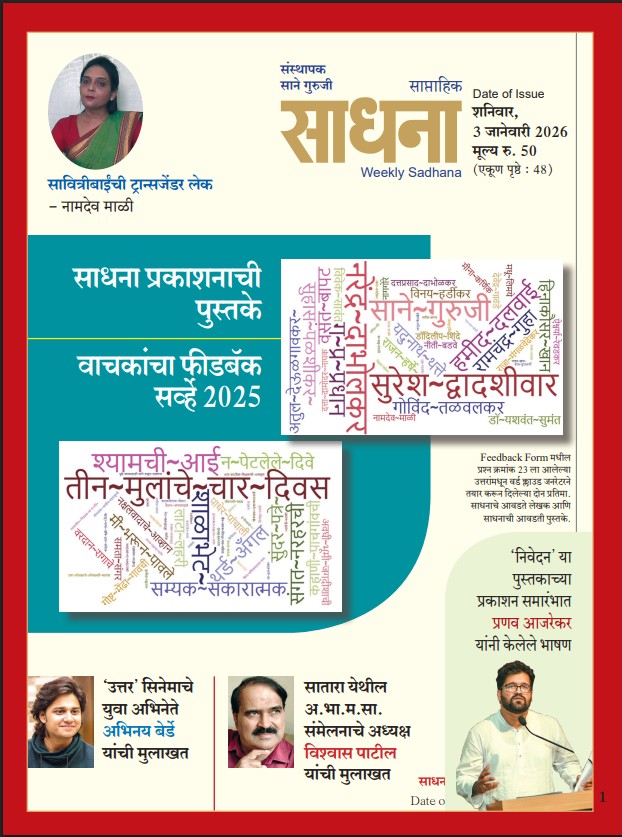













Add Comment